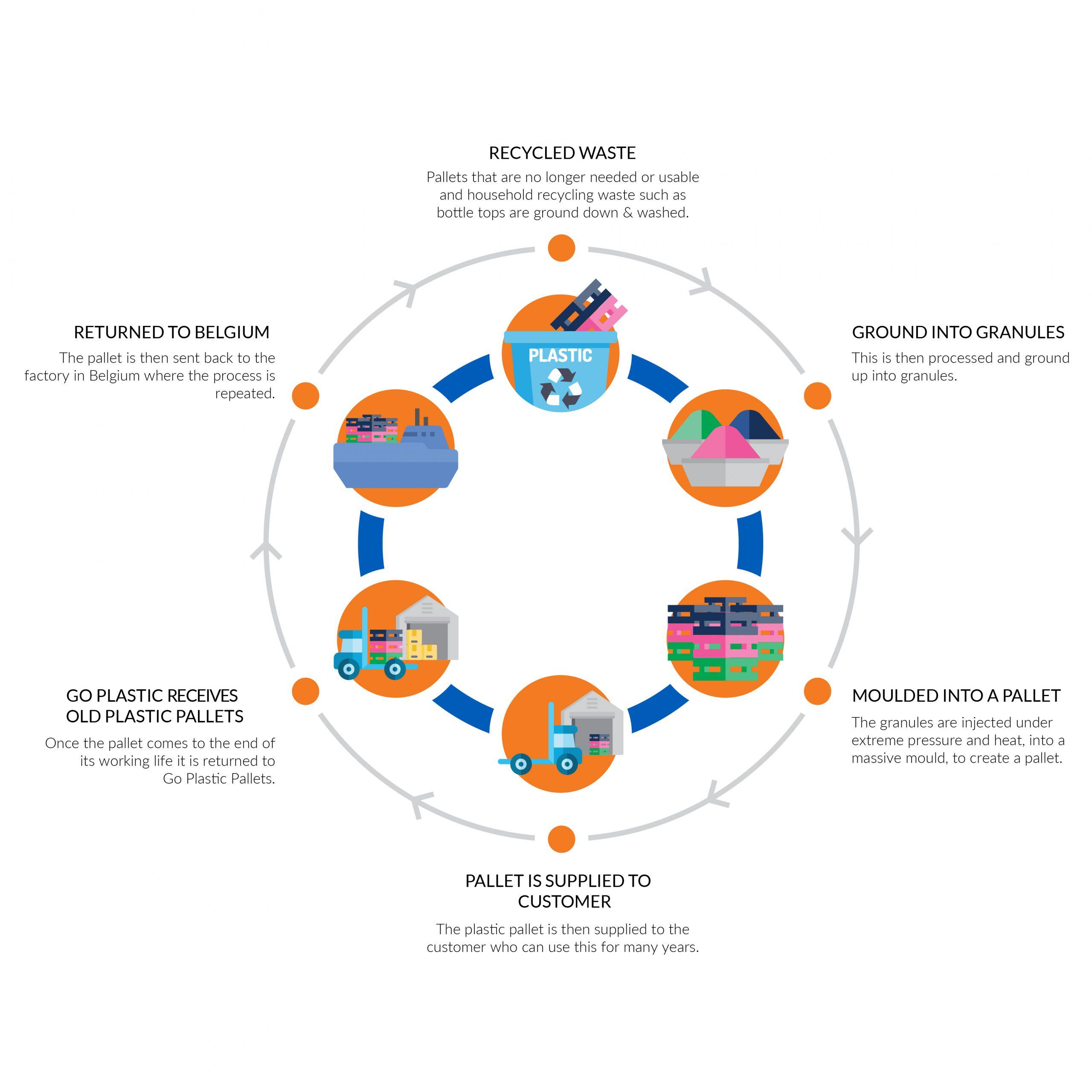Top Skills and Career Pathways for a Program Manager in Education Technology
Education technology is rapidly transforming how we teach,learn,and manage educational institutions. Programme Managers in Education Technology (EdTech) play a crucial role in designing, implementing, and overseeing technology-driven educational initiatives at universities, colleges, and schools. For those seeking a fulfilling career that blends technology and education,understanding the top skills and career pathways for an EdTech Programme Manager is vital.in this article, we provide an in-depth overview to help job seekers excel in this field and advance their careers in educational institutions.
What Does a Programme Manager in Education Technology Do?
A Programme Manager in Education Technology is responsible for leading and coordinating large-scale technology initiatives within educational settings. Their primary focus is to ensure the successful integration of digital solutions, manage cross-functional teams, and achieve educational and organizational goals.Key duties often include:
- Managing the lifecycle of EdTech programmes from planning to execution and evaluation
- Coordinating with faculty, IT staff, and other stakeholders
- Ensuring the alignment of technology projects with curricula and institutional objectives
- Overseeing budgets, timelines, and resources
- Evaluating programme effectiveness and making data-driven improvements
- Staying informed of emerging trends in education technology
Top Skills Required for programme Managers in Education Technology
To thrive as a Programme Manager in Education Technology, you’ll need a blend of leadership, technical, and interpersonal skills. Below, we outline the essential competencies for success in this dynamic role:
1. Project Management Skills
- Strong organizational and planning ability
- Proficiency with project management tools (e.g.,Asana,Trello,Microsoft Project)
- Risk assessment and mitigation strategies
- Ability to manage multiple concurrent projects
2. Technological Proficiency
- Familiarity with Learning Management Systems (LMS) like Moodle, Blackboard, or Canvas
- understanding of digital tools and educational apps
- Knowledge of data analytics platforms to assess programme outcomes
- Pleasant with emerging technologies such as AI, VR, or gamification in education
3. Leadership and People Management
- Experience leading cross-functional teams
- Ability to inspire and motivate staff and stakeholders
- Conflict resolution and decision-making skills
4. Dialogue and Interpersonal Abilities
- Exceptional written and verbal communication
- Presentation and training capabilities
- Stakeholder engagement and relationship management
5. Analytical and Problem-Solving Skills
- Ability to evaluate and analyze educational data and metrics
- Strategic thinking to address complex challenges
- Creative approach to implementing technology solutions
6. Understanding of Educational Environments
- Awareness of pedagogical best practices
- Knowledge of compliance and regulatory frameworks for educational institutions
- Ability to tailor technology initiatives to meet the diverse needs of students and faculty
Key Qualifications and Certifications
most Programme Manager roles in EdTech require a combination of educational qualifications and professional certifications. here’s what employers typically look for:
- Bachelor’s degree in education, information technology, instructional design, or a related field
- master’s degree or MBA (often preferred for university-level positions)
- Professional certifications such as PMP (Project Management Professional), Agile, or Certified ScrumMaster
- Specialized certifications in educational technology or eLearning growth
- Relevant experience in educational settings and technology projects
Career Pathways in Education Technology Programme Management
the pathway to becoming a successful Programme Manager in Education Technology can vary, but typically follows a progression through a combination of academic background, hands-on experience, and professional development. Here are common career pathways:
Step-by-Step Career Progression:
- Entry-Level EdTech Roles: Start as an IT support specialist, instructional designer, or digital learning coordinator in an educational institution. This phase provides hands-on experience with EdTech tools and the educational environment.
- Mid-Level Project or Product Management: Advance to project manager or eLearning manager positions. At this stage, you’ll handle end-to-end project management, work with cross-functional teams, and begin developing your strategic oversight abilities.
- Programme Manager: Take on responsibility for multi-project portfolios, work closely with senior leadership, and oversee large-scale technology integrations.
- Senior Leadership: Move into senior roles such as Director of Educational Technology, Chief Learning Officer, or even CTO (Chief Technology Officer) of an educational institution.
Benefits of a Career in Education Technology Programme Management
Choosing a career as a programme Manager in Education Technology offers a variety of rewarding benefits:
- Impact: Directly contribute to improving learning experiences for students and teaching staff.
- Innovation: Work on the cutting edge of technology and education, pioneering new solutions and approaches.
- Career Growth: Opportunities for advancement as EdTech becomes increasingly central to educational strategies.
- Collaboration: Engage with diverse teams across academic, technological, and administrative domains.
- Job Stability: As educational institutions invest more in technology, skilled Programme Managers will remain in high demand.
Practical Tips for Aspiring Programme Managers in Education Technology
For job seekers aiming to break into or advance within EdTech Programme Management at universities, colleges, or schools, consider these actionable tips:
- Stay Informed: Regularly read EdTech publications and stay updated on technology trends in education.
- Build a Strong Network: Attend conferences,webinars,and networking events to connect with professionals in the field.
- Gain Hands-On Experience: Volunteer for technology projects or pilot initiatives at your current workplace, even if outside your job description.
- Demonstrate Leadership: Take initiative on team projects and communicate your vision for integrating technology into education.
- pursue Continuing Education: Obtain relevant certifications or advanced degrees to strengthen your credentials and knowledge.
- Showcase Results: Use data and case studies to demonstrate the success of your previous technology projects during interviews and on your CV.
Conclusion: Stepping Into the Future of Education as an EdTech Programme Manager
The role of a Programme Manager in Education Technology is both demanding and rewarding, offering a unique chance to bridge the worlds of education and technology.By developing a solid foundation in project management, technical know-how, leadership, and communication, you can pave your way to a successful career in this fast-growing field.Weather you’re just starting or looking to advance your career in universities, colleges, or schools, focusing on the right skills and career pathways is a proven strategy for making a lasting impact in education technology.

